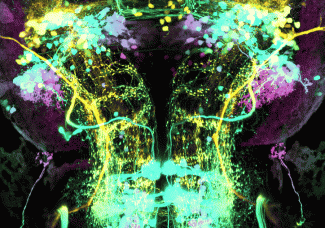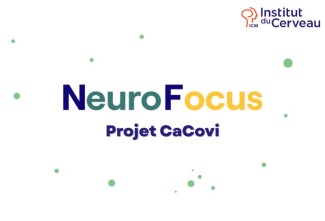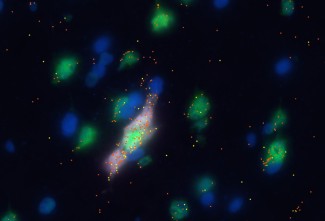Epilepsy diagnosis is based on a clinical description of the seizures and on the electroencephalogram (EEG), which measures electrical activity in the brain using electrodes placed on the scalp. The EEG helps to determine whether the epilepsy is focal or generalized.
A neurologist can monitor a patient over 30 years in consultations without ever having witnessed one of their seizures. In the epileptology unit, we record the seizure using EEG/video monitoring to try to trace the origin and trajectory of this seizure in the brain.
Diagnosing epilepsy
In some cases, continuous EEG recordings (24 hours a day) combined with video are essential for a formal diagnosis and guiding therapeutic management.
When a focal epilepsy diagnosis is made, magnetic resonance imaging (MRI) is essential in searching for any brain injury that may be causing the epilepsy.
When the epilepsy is focal, and when it persists despite targeted treatment with medication, and no damage is detected via MRI, it may be necessary to explore the brain with intracerebral electrodes to record the EEG within the cortical generators.









